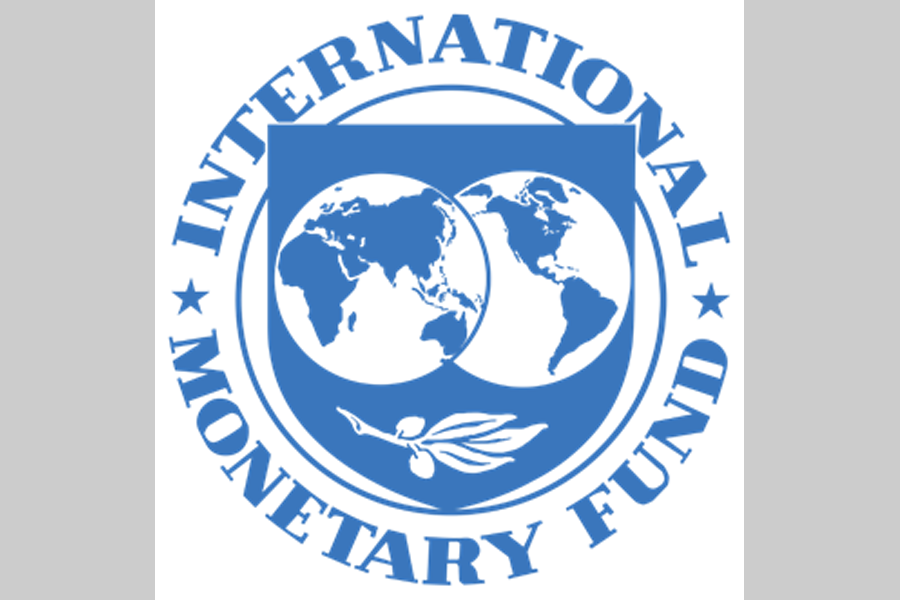An International Monetary Fund (IMF) economic appraisal mission noted with concern Bangladesh's low tax-GDP ratio, non-performing loan (NPL) buildup in the banking system and rising inequality, officials said.
The team also had a critical appreciation of low FDI inflow, high out-of-pocket expenditure in health, low state spending on health and education, and inadequate skill development of youths, they added.
The wrapping-up views were vented when the IMF delegation, headed by its chief at Asia and Pacific Department Mr. Rahul Anand, met state minister for planning Dr Shamsul Alam at his office in Dhaka on Wednesday. The team comprises IMF Resident Representative in Dhaka Jayendu De.
With the state minister the delegation exchanged views on the outlook and prospect of Bangladesh economy, incidentally in the wake of worldwide economic and financial crises that are bringing many countries on the brink.
On the government side, Dr Alam explained the measures taken to address different impacts on the economy.
''He also sought support from the IMF for accelerating the growth momentum by taming down the higher inflationary pressure, which affected the poor most,'' said one official after the meet.
The state minister apprised the team about government steps to manage the Covid-19 impact, inflationary pressures driven by growing import cost, keep remittance and foreign-exchange reserves stable, ensure social protection and dealing with dollar crisis.
He also emphasised the necessity of implementing big infrastructure projects for keeping higher growth momentum in the national economy and for the rural economic transformation.
The IMF team started its visit to Bangladesh on July 12 to review the country's present economic condition before offering a loan.
The IMF team said that Bangladesh is eligible to get $6.8 billion worth of loans over next few years ''if the country needs''.
The Fund usually provides loans to minimise the gap in the balance of payments of its member-countries.
Bangladesh's economy is passing through a bad time with a massive current-account imbalance over the last few months.
The IMF team also met finance division, financial institutions division, Bangladesh Bank, commerce ministry and some other government organisations to have a firsthand view of the country's current economic status.


